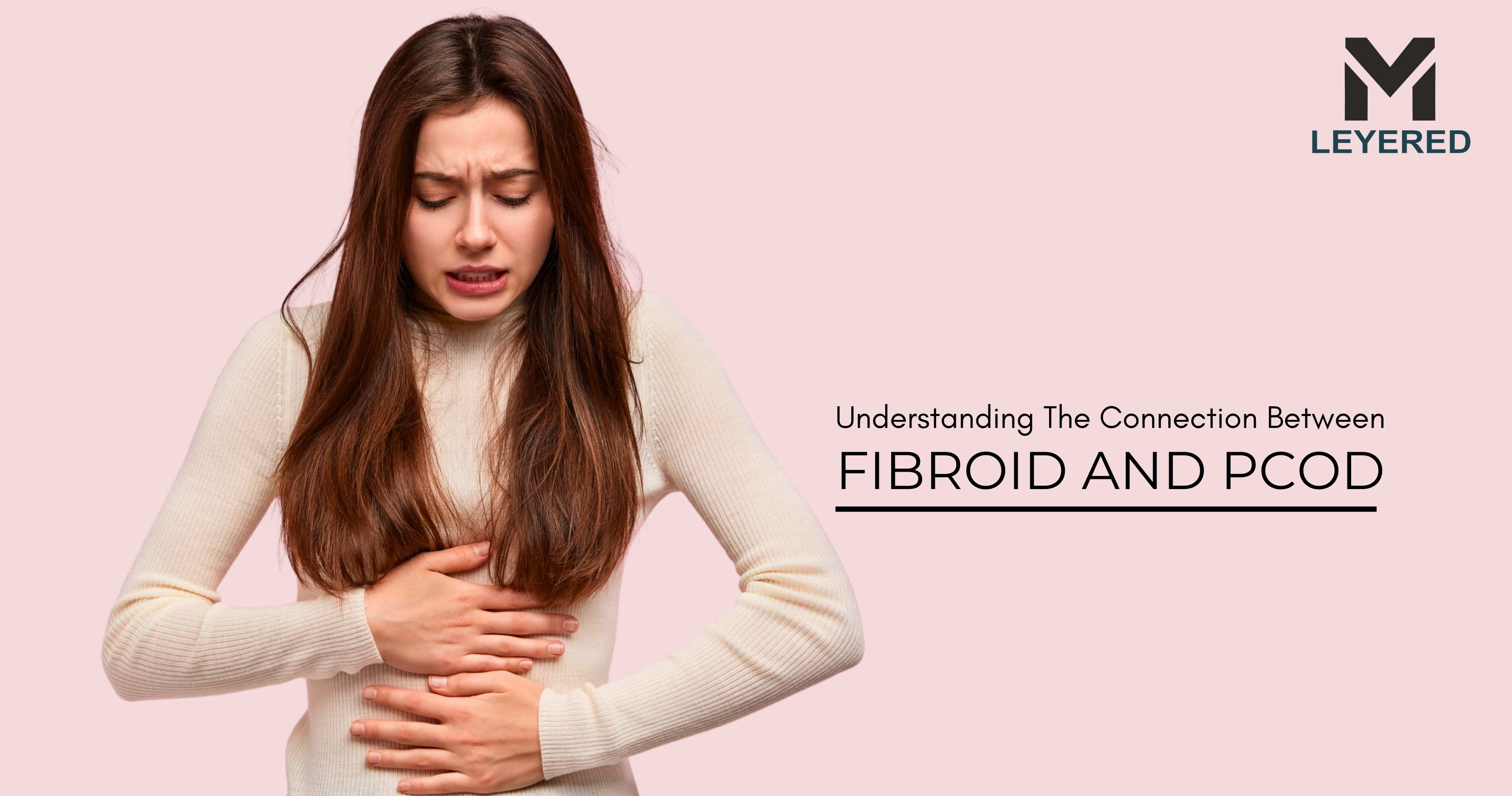
Uterine Fibroids
Uterine fibroids, also known as leiomyomas or myomas, are noncancerous growths that develop in the muscle layer of the uterus. They commonly appear during a woman's childbearing years and can vary significantly in size—from small seedlings to large masses that distort the uterus. Symptoms may include heavy menstrual bleeding, pelvic pain, and complications during pregnancy, including impacts on fertility.
Polycystic Ovarian Disease (PCOD)
PCOD is a hormonal disorder characterized by the formation of small fluid-filled sacs (cysts) on the ovaries, leading to irregular ovulation and menstrual abnormalities. Women with PCOD often experience elevated levels of androgens (male hormones), which can disrupt normal hormonal balance and lead to symptoms such as weight gain, acne, excess hair growth, and infertility.
The Link Between Fibroids and PCOD
Historically, medical consensus held that fibroids and PCOD were separate conditions with no direct links. However, recent research challenges this notion. A significant study conducted over six years involving 23,000 pre-menopausal African American women found that those with PCOD had a 65% higher incidence of fibroids compared to those without PCOD. This suggests a potential correlation where PCOD may increase the risk of developing fibroids.
Mechanisms of Connection
While the exact reasons for this increased risk remain unclear, one theory posits that irregular ovulation associated with PCOD leads to unopposed estrogen production—where estrogen levels rise without corresponding increases in progesterone. This hormonal imbalance could promote the growth of fibroids in susceptible individuals.
Implications for Reproductive Health
Both conditions can significantly impact fertility. Women with PCOD often face challenges related to ovulation, which is a primary cause of infertility. Additionally, fibroids can interfere with implantation or create complications during pregnancy. Therefore, understanding the interplay between these conditions is essential for effective management.
Conclusion
While uterine fibroids and PCOD share some similarities and potential connections, further research is needed to fully understand their relationship. Given their implications for reproductive health and fertility, it is crucial for women experiencing symptoms related to either condition to seek expert medical guidance.
At M-Leyered Brand of A&A Ayurvedic, we offer Eiusyists Ayurvedic Medicine specifically formulated for managing fibroids, cysts, PCOD, and PCOS. Our treatments have been proven effective in alleviating symptoms and improving reproductive health. Consult with us for any queries regarding your health concerns.

